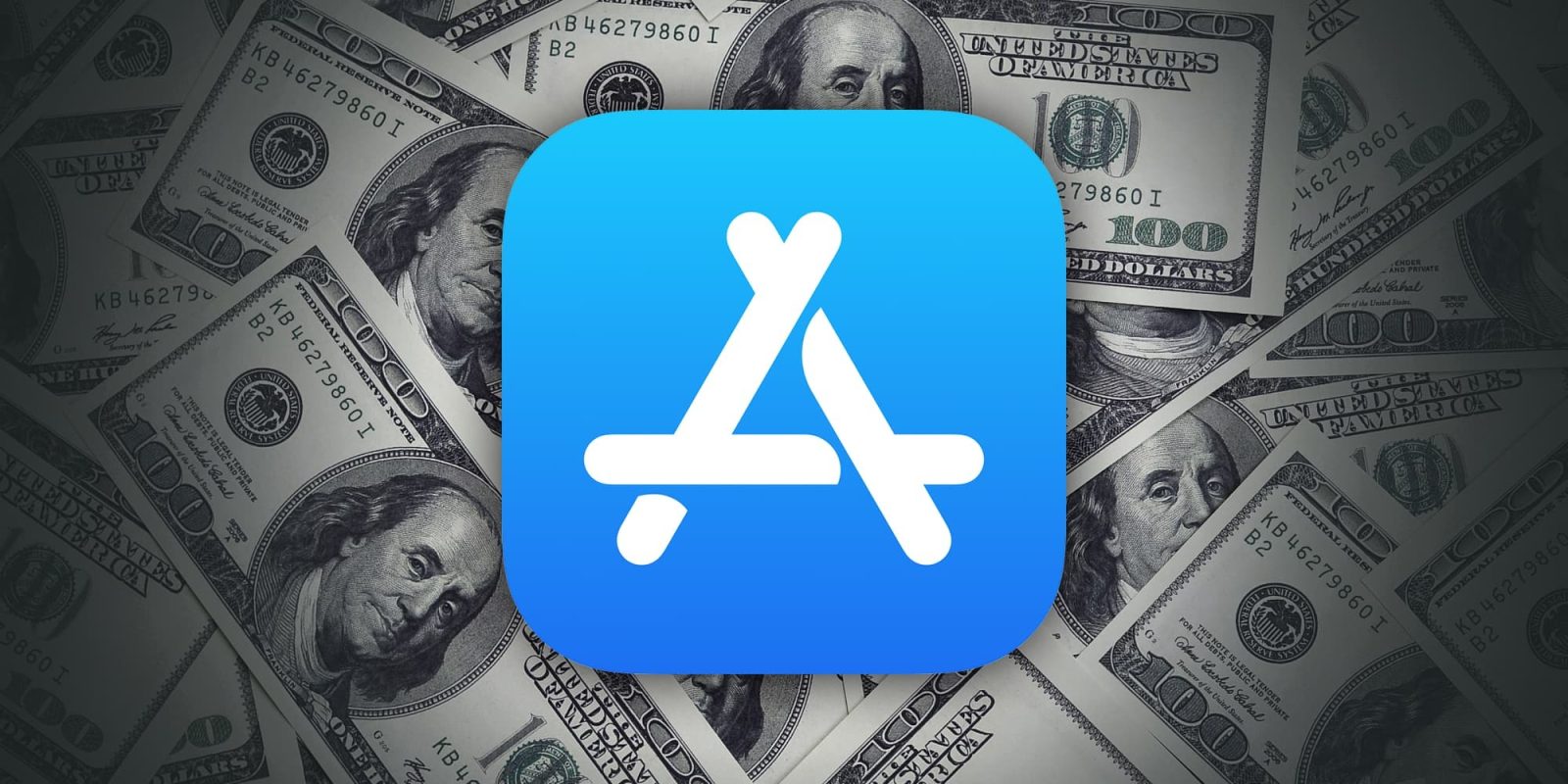
Apple recently appealed to the U.S. Supreme Court to reverse Judge Yvonne Gonzalez Rogers’ ruling in the case against Epic Games. As determined by the judge, the company would be forced to make some changes to the App Store rules. However, a district court allowed Apple to delay the changes until the appeal is heard by the Supreme Court.
Apple can delay changes to App Store in-app purchases for longer
As reported by The Verge, Apple has been granted a motion to suspend the appeals court ruling that would force the company to allow developers to sell in-app content using third-party platforms, even when those apps are distributed through the App Store.
Such a ruling would significantly impact Apple’s profits, as the company charges a 30% commission on app sales and in-app purchases.
The decision came after Epic Games sued Apple, accusing it of anti-competitive practices with the App Store. Although the judge ruled that Apple won’t be forced to bring Fortnite back to the App Store, the company would have to ease its guidelines on in-app purchases. With today’s decision, Apple will have more time before being required to implement these changes.
The district court believes Apple hasn’t violated antitrust laws but ordered the company to let developers redirect users to payment methods outside its apps.
Of course, Epic Games is not happy about today’s decision. Epic’s lawyers argued against the hold by claiming that “Apple has no choice but to rely on arguments that are so weak that it previously only mentioned them barely, or not at all.” As previously reported, Epic can also ask the Supreme Court to hear its appeal in the case.
Epic Games v. Apple

Apple banned Fortnite from the App Store in 2020 after Epic Games released an update that let players buy digital coins through an external method instead of using the App Store’s in-app purchases system. Epic then sued Apple, arguing that the company is a monopoly and has anti-competitive practices with the App Store guidelines.
But the case didn’t have a good outcome for either company. While Apple was forced to loosen some of the App Store rules, Judge Rogers also ruled that Apple wouldn’t be forced to allow Fortnite back into the App Store since Epic Games knew exactly what it was doing when it violated the guidelines.
Apple lawyers claim that the 9th Circuit has gone too far in issuing a nationwide injunction against the company. The petition says Apple plans to raise “far-reaching and important” questions about the judges’ power. Before the appeal to the Supreme Court, both Epic and Apple tried to appeal to the 9th Circuit without any luck.
Read also
- Meta wants to turn Facebook into an App Store replacement, at least in the EU
- Apple’s fight against iPhone sideloading was pointless at best, harmful at worst
- German antitrust regulator declares Apple a target for stricter controls
- New iPhone browsers on the way without WebKit; Apple prepping Safari for competition
FTC: We use income earning auto affiliate links. More.





Comments